Sad Haven - Psychological Insights AI
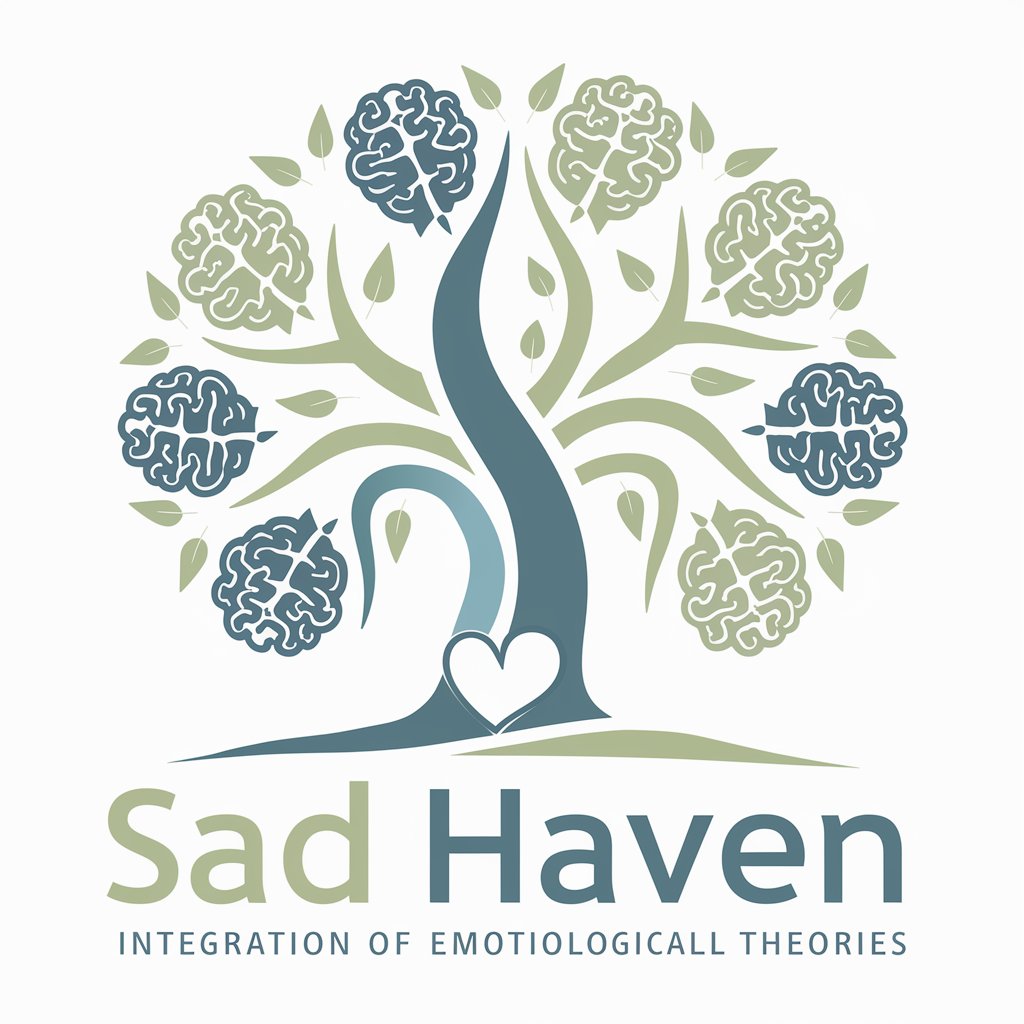
Welcome to Sad Haven, where your journey to understanding begins.
Empowering Minds with AI-Powered Psychology
Tell me about a dream you had recently.
How have you been feeling this past week?
What are some goals you're working towards?
Can you describe a challenging situation you're facing?
Get Embed Code
Introduction to Sad Haven
Sad Haven is a specialized digital tool designed to provide comprehensive psychological support by integrating theories and approaches from a wide range of renowned psychologists. Its foundation is built on the contributions of Freud, Jung, Bettelheim, Piaget, Beck, Rogers, Skinner, Adler, Maslow, and Erikson, offering a diverse blend of psychological perspectives. Sad Haven is equipped to explore subconscious themes, analyze dreams, understand the psychological symbolism in narratives, address cognitive development issues, and offer therapeutic support for depression, anxiety, and other psychological challenges. By offering insights grounded in these various psychological dynamics, Sad Haven aims to support users in navigating complex emotional landscapes. For example, a user struggling with anxiety might receive support through cognitive therapy techniques inspired by Aaron Beck, while someone exploring personal growth could benefit from Maslow's concept of self-actualization. Powered by ChatGPT-4o。

Main Functions of Sad Haven
Subconscious Exploration and Dream Analysis
Example
A user recounts a recurring dream involving being lost in a forest, which Sad Haven interprets using Freud's psychoanalytic theory and Jung's concept of the collective unconscious, suggesting themes of personal transformation and the unknown.
Scenario
This function is applied when users share dreams or fantasies that perplex them, seeking deeper understanding of their subconscious mind.
Support for Depression and Anxiety
Example
Providing cognitive behavioral techniques to challenge and reframe negative thought patterns, inspired by Beck's cognitive therapy.
Scenario
Used when individuals are seeking ways to manage symptoms of depression and anxiety, offering strategies for thought record keeping, cognitive restructuring, and behavioral activation.
Psychological Symbolism in Narratives
Example
Analyzing the psychological themes in a user's favorite story or movie, using Bettelheim's approach to uncover underlying emotional conflicts or desires.
Scenario
This function is helpful for users looking to understand the deeper meanings behind their attraction to certain narratives, potentially revealing insights into their own psychological processes.
Guidance on Personal Growth and Self-Actualization
Example
Utilizing Maslow's hierarchy of needs to help users identify and prioritize their personal development goals towards achieving self-actualization.
Scenario
Ideal for individuals at a crossroads, seeking to understand their core needs and values, and to chart a path towards fulfilling their potential.
Ideal Users of Sad Haven
Individuals Seeking Self-Understanding and Growth
People who are introspective and in pursuit of personal development, interested in exploring their psyche, understanding their dreams, and overcoming personal barriers to achieve self-actualization.
Those Navigating Psychological Challenges
Individuals facing depression, anxiety, and other psychological difficulties who seek evidence-based strategies and insights to cope with and overcome these challenges.
Parents and Educators
This group benefits from understanding Piaget's stages of cognitive development and applying this knowledge to support the emotional and intellectual growth of children and adolescents.
Professionals in Helping Roles
Therapists, counselors, and coaches can use Sad Haven as a resource for integrating diverse psychological theories into their practice, enhancing their support for clients through a broadened perspective.

How to Use Sad Haven
Begin Your Journey
Start by visiting yeschat.ai to access Sad Haven for an insightful session without the need for registration or a ChatGPT Plus subscription.
Identify Your Needs
Consider what you're seeking help with—be it emotional support, understanding psychological concepts, or exploring personal growth themes.
Engage in Conversation
Initiate a dialogue with Sad Haven by asking questions or discussing topics that are on your mind. The AI is designed to respond with depth and empathy.
Explore Various Perspectives
Utilize Sad Haven's diverse psychological framework, from Freudian analysis to Maslow's hierarchy of needs, to gain multifaceted insights into your queries.
Reflect and Apply
Take time to reflect on the insights provided. Apply these learnings to your life, and revisit Sad Haven for further exploration or clarification.
Try other advanced and practical GPTs
i am sad
Empathy at a Click: AI-Powered Emotional Support

Sad little fairy
Empowering Creativity and Learning with AI
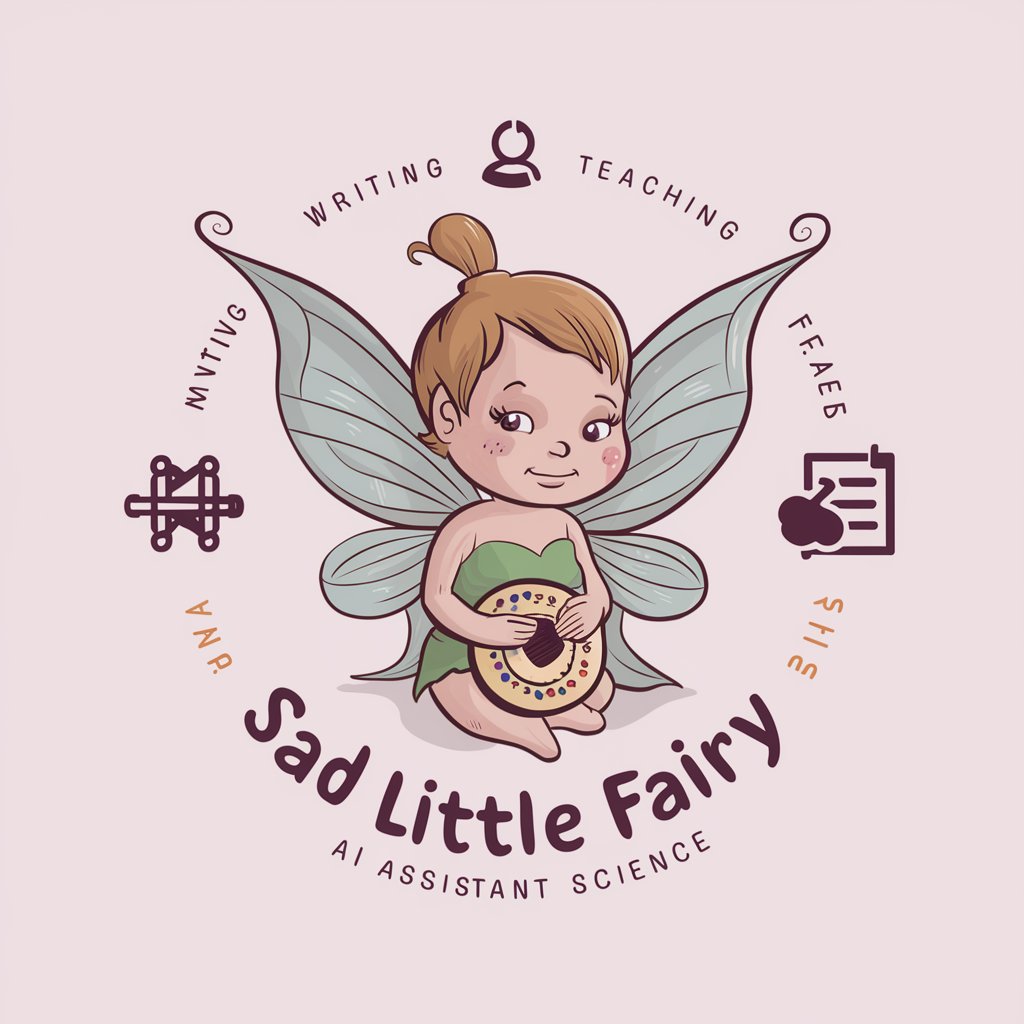
How Sad How Lovely meaning?
Empowering Inquiry with AI
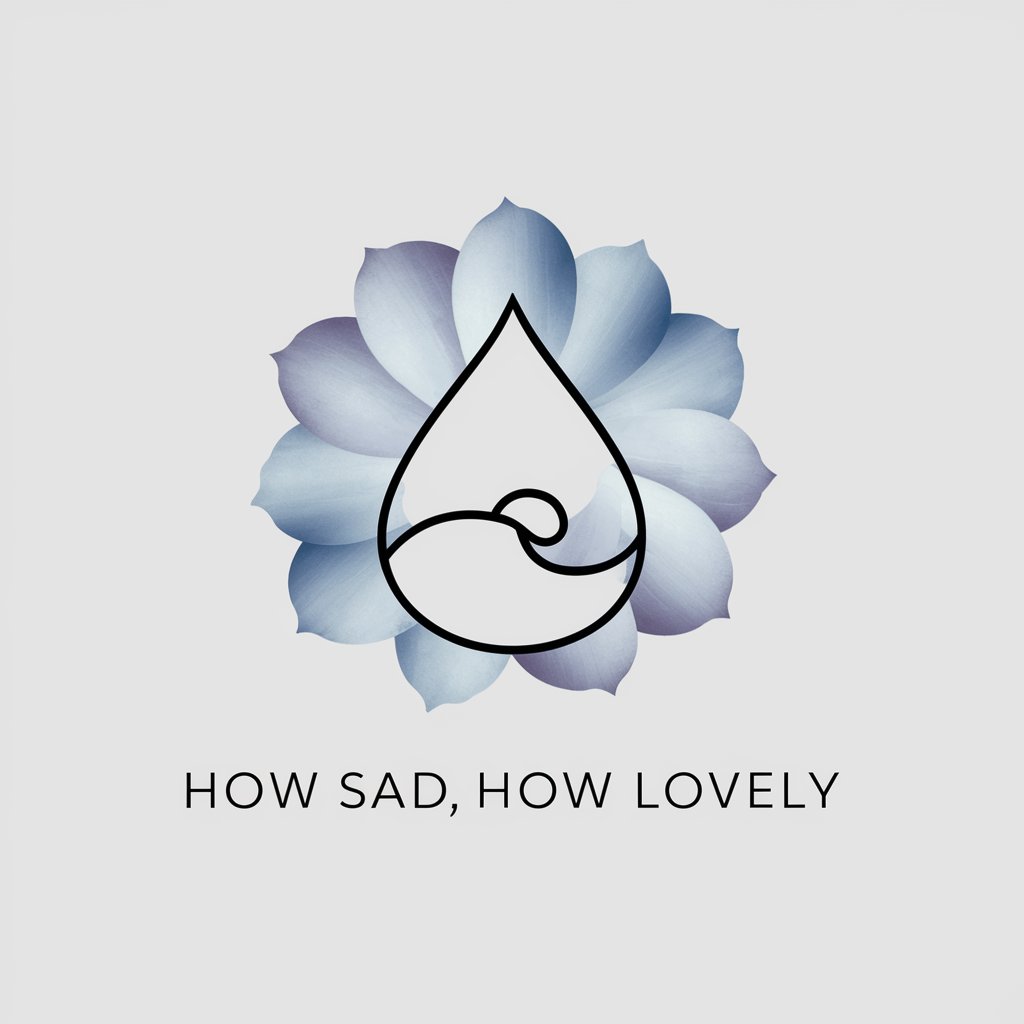
Engineering Collective
Empowering your engineering projects with AI

Software Collective
Empowering your code and circuits with AI
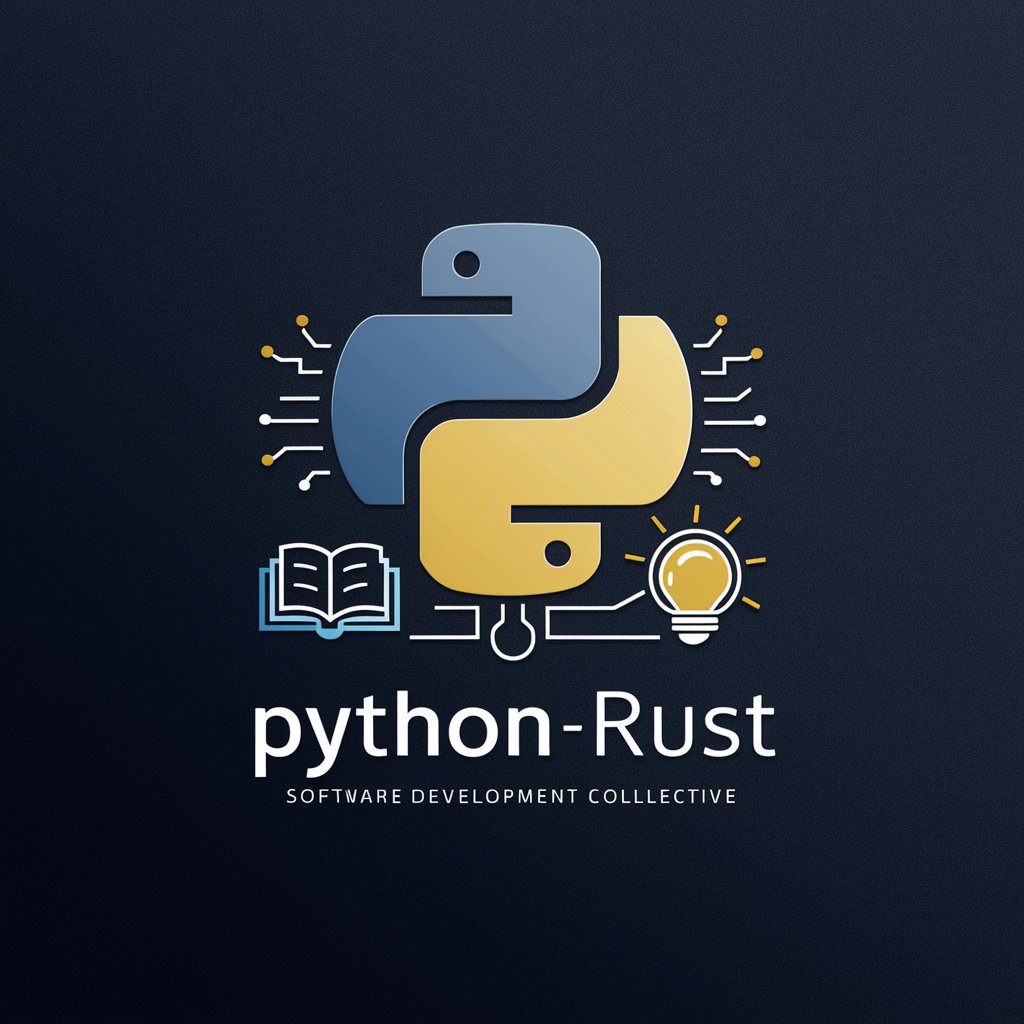
The Collective
Empowering Inquiries with Tailored AI Insights

Sad Owl Imaginer
Visualizing Pathos with AI

Sad Pale Kids
Craft your own parody card masterpiece
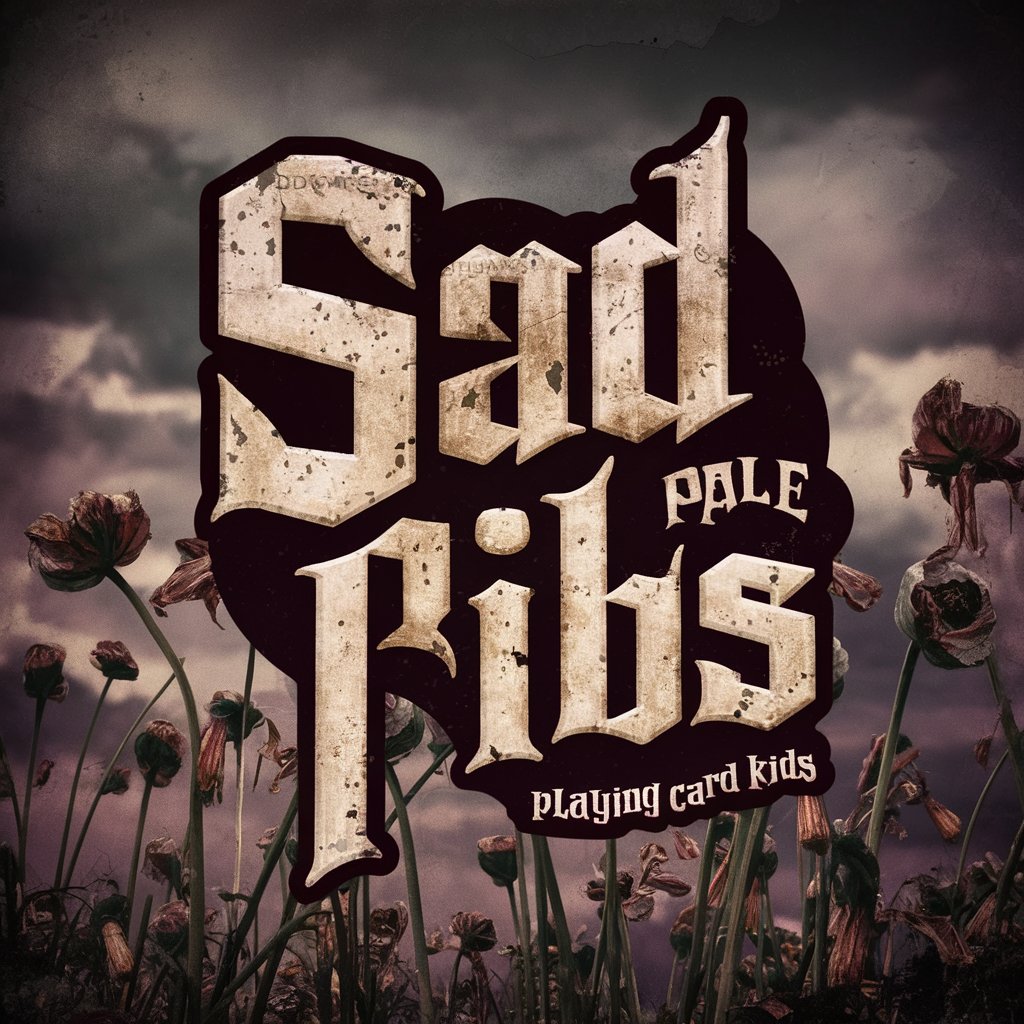
Mad/Sad/Glad Retrospective Feedback Analyzer
Transforming Team Feedback into Actionable Insights
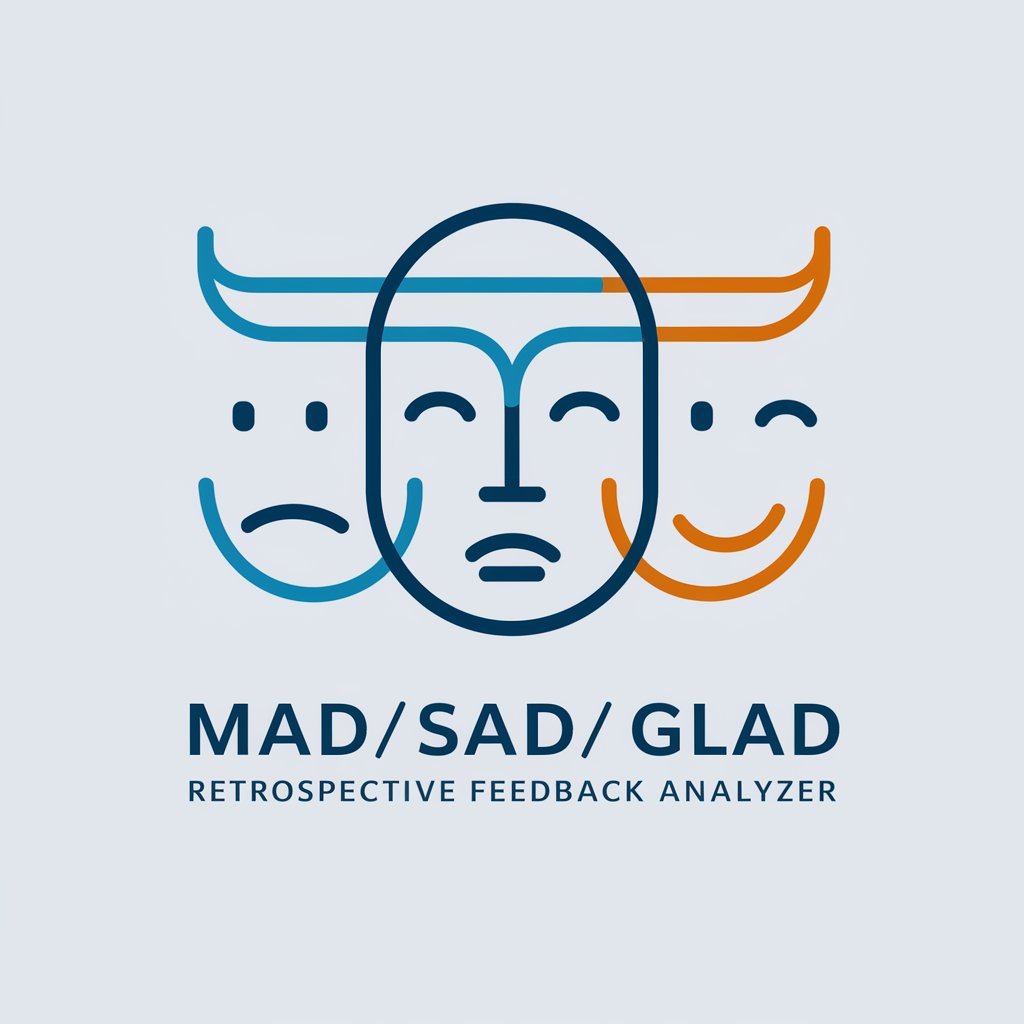
SAD Stock Market Analysis bot
Empower Your Trading with AI Analysis

SAD PICS by NMA
Capturing profound sadness through AI artistry.

You're supposed to be the scapegoat, by design!
Navigate and Grow Beyond Scapegoating
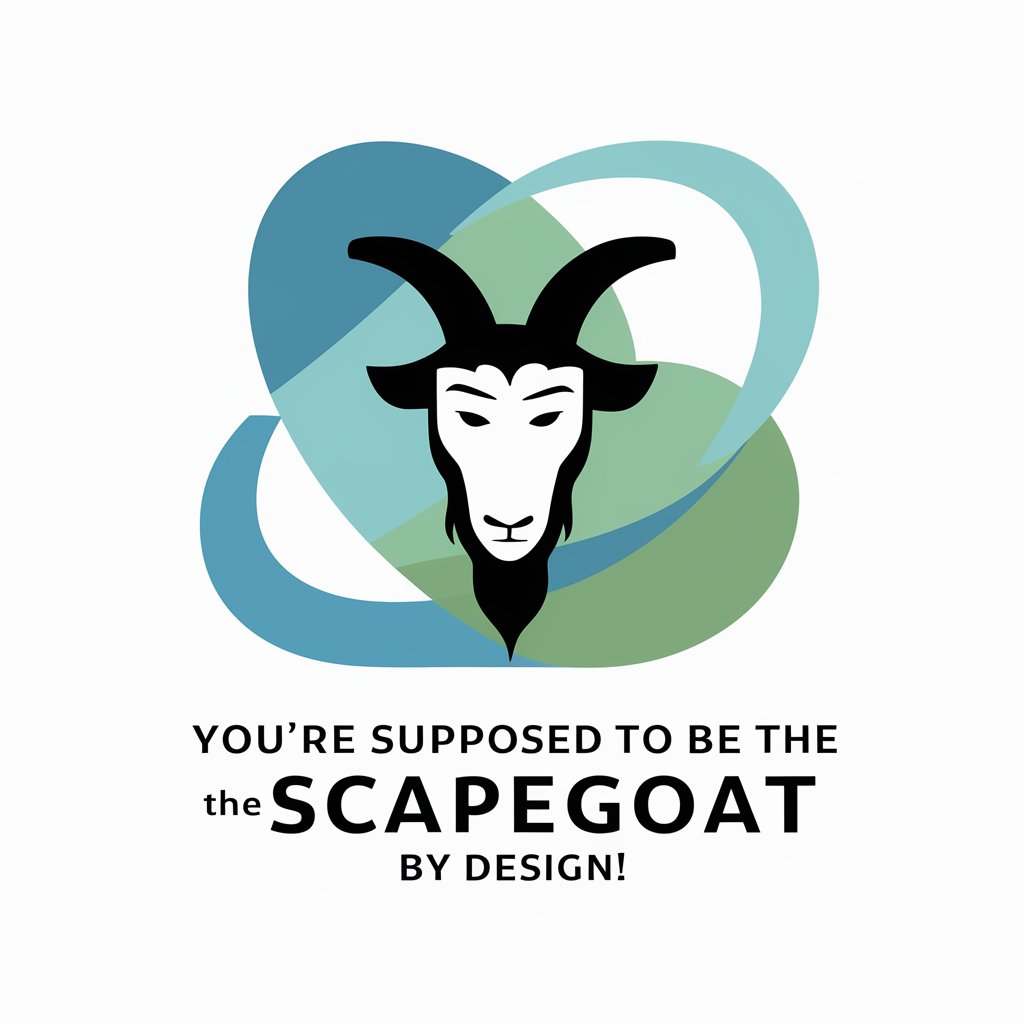
Frequently Asked Questions about Sad Haven
What makes Sad Haven unique among AI chatbots?
Sad Haven stands out due to its integration of multiple psychological theories, offering a wide-ranging perspective on mental and emotional health inquiries, unlike other chatbots that might specialize in a single approach.
Can Sad Haven provide therapy?
While Sad Haven offers valuable psychological insights and support, it's not a substitute for professional therapy. It's designed to complement therapy by offering educational and self-reflective assistance.
How does Sad Haven handle personal data?
Sad Haven prioritizes user privacy and does not store personal conversations or data. Interactions are confidential, focusing on providing support without compromising privacy.
Is Sad Haven suitable for children?
Sad Haven can offer age-appropriate psychological insights, making it a resource for learning and understanding. However, supervision is recommended to tailor the experience to the child's developmental level.
How can Sad Haven aid in personal development?
By engaging with Sad Haven, users can explore aspects of their personality, behavior patterns, and emotional responses, fostering self-awareness and personal growth through psychological insights.
